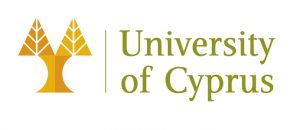Important Dates
Conference: September 22 - 25, 2020
Conference Registration:
05 Aug 2020 - 19 Sep 2020
05 Aug 2020 - 19 Sep 2020
Twitter
Tweets by RCIS_Conference
Contact
ACADEMIC MATTERS
LOCAL ORGANISATIONAL MATTERS
LOCAL ARRANGEMENTS
Registration - Accommodation
EASY CONFERENCES
Website: www.easyconferences.eu
Email:info@easyconferences.eu
CALL FOR TUTORIALS
14th International Conference on
Research Challenges in Information Science (RCIS2020)
RCIS has become a well-recognised conference on research challenges in information sciences. Organised for the fourteenth time in a row, RCIS 2020 will be held from September 22 - 25, 2020, in Limassol, Cyprus.
Tutorials are intended to provide independent instruction (know-how) on a topic of relevance, no commercial or sales-oriented. Potential presenters should keep in mind that there might be a varied audience, including novice graduate students, seasoned practitioners, and specialized researchers. Tutorial speakers should be prepared to cope with this diversity.
The conference has specific slots for tutorials. They will be organized in sessions of 90 minutes with a free format. Tutorials run in parallel with other conference tracks, and participation is included in the attendees’ conference fee. We invite proposals for tutorials that may address one or more of the listed topics below, although authors should not feel limited by them.
Tutorials are intended to provide independent instruction (know-how) on a topic of relevance, no commercial or sales-oriented. Potential presenters should keep in mind that there might be a varied audience, including novice graduate students, seasoned practitioners, and specialized researchers. Tutorial speakers should be prepared to cope with this diversity.
The conference has specific slots for tutorials. They will be organized in sessions of 90 minutes with a free format. Tutorials run in parallel with other conference tracks, and participation is included in the attendees’ conference fee. We invite proposals for tutorials that may address one or more of the listed topics below, although authors should not feel limited by them.
Topics of Interest
RCIS 2020 is focused on Information Science in the Days of Artificial Intelligence. This topic aims to study Artificial Intelligence in a broad sense, including machine learning, self-adaptation, logic-based reasoning, automation, agents and multiagent systems, natural language processing, etc.
Beyond the special topic for RCIS 2020, the conference welcomes tutorial submissions from any domain of Information Science. The list of interested topics includes, but is not limited to:
Beyond the special topic for RCIS 2020, the conference welcomes tutorial submissions from any domain of Information Science. The list of interested topics includes, but is not limited to:
Information Systems and their Engineering
|
User-Oriented Approaches
|
Data and Information Management
|
Business Process Management
|
Domain-specific IS Engineering
|
Data Science
|
Information Infrastructures
|
Reflective Research and Practice
|
Instructions for Tutorial Proposals
Tutorial proposals are limited to 5 pages. They must include:
1. A title;
2. A 150 words abstract;
3. Expected background of the attendees;
4. Learning objectives;
5. Structure of Contents/activities, description of how they support the learning objectives, and how they will be presented to the attendees including a timetable that clearly indicates how the interaction with the audience will develop over time (tutorials should be of 90 minutes).
6. A concise description of material(s) that will be provided to attendees. Special requirement/equipment you may request for the presentation of the tutorial (subject to approval of the organizers). Additional materials relevant to the tutorial that you would like to share prior to the conference;
7. Value of the tutorial for the attendees;
8. A short bio of the presenter(s);
9. A history of the tutorial: has this tutorial (or any derived version of it) already been given? If so, detail where and when, and how it was received. Proven track record has to be balanced with the innovative aspect of the tutorial.
In preparing your proposal, you are encouraged to include some creative techniques for teaching and learning. Any teaching approach that ensures active interaction would be greatly appreciated by the RCIS audience. We encourage you to craft a tutorial that can deliver high quality content in an enjoyable way.
Please also consider including printed or online take away material for attendees. For example, templates, checklists, frameworks, etc. that attendees can employ in their own settings.
We finally encourage authors to optionally include a 1 or 2 minutes video of the speakers, or a few example slides, teasing their tutorial.
By submitting a tutorial proposal, authors implicitly agree that they will indeed attend the conference to deliver the tutorial.
Proposals must be submitted using the conference submission site (https://easychair.org/conferences/?conf=rcis2020), where you choose “Tutorial paper”.
1. A title;
2. A 150 words abstract;
3. Expected background of the attendees;
4. Learning objectives;
5. Structure of Contents/activities, description of how they support the learning objectives, and how they will be presented to the attendees including a timetable that clearly indicates how the interaction with the audience will develop over time (tutorials should be of 90 minutes).
6. A concise description of material(s) that will be provided to attendees. Special requirement/equipment you may request for the presentation of the tutorial (subject to approval of the organizers). Additional materials relevant to the tutorial that you would like to share prior to the conference;
7. Value of the tutorial for the attendees;
8. A short bio of the presenter(s);
9. A history of the tutorial: has this tutorial (or any derived version of it) already been given? If so, detail where and when, and how it was received. Proven track record has to be balanced with the innovative aspect of the tutorial.
In preparing your proposal, you are encouraged to include some creative techniques for teaching and learning. Any teaching approach that ensures active interaction would be greatly appreciated by the RCIS audience. We encourage you to craft a tutorial that can deliver high quality content in an enjoyable way.
Please also consider including printed or online take away material for attendees. For example, templates, checklists, frameworks, etc. that attendees can employ in their own settings.
We finally encourage authors to optionally include a 1 or 2 minutes video of the speakers, or a few example slides, teasing their tutorial.
By submitting a tutorial proposal, authors implicitly agree that they will indeed attend the conference to deliver the tutorial.
Proposals must be submitted using the conference submission site (https://easychair.org/conferences/?conf=rcis2020), where you choose “Tutorial paper”.
Important Dates
• Tutorial Submission deadline: February 14, 2020 (Extended) February 21, 2020
• Tutorial Notification: March 15, 2020
• RCIS 2020 Conference: September 22‐25, 2020
• Tutorial Notification: March 15, 2020
• RCIS 2020 Conference: September 22‐25, 2020
Tutorial Proposals will be submitted to and evaluated by the Tutorial Chairs
Estefanía Serral, KU Leuven
Estefania.SerralAsensio@kuleuven.be
Ignacio Panach, University of Valencia
j.ignacio.panach@uv.es
Estefania.SerralAsensio@kuleuven.be
Ignacio Panach, University of Valencia
j.ignacio.panach@uv.es



